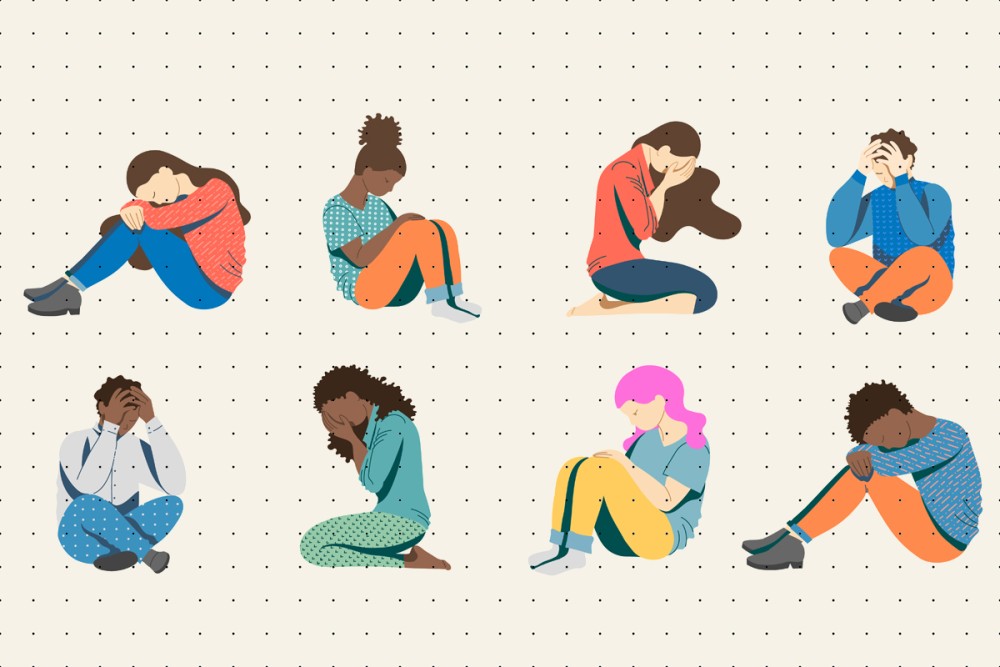Our teens are not OK
Especially the girls, whose depression levels are at record highs. Can the church help?

A recent Centers for Disease Control and Prevention report identifies a sharp increase in depression among teen girls. Boys are not doing well either, but girls are faring worse across nearly all measures. The reasons are unclear. While some have suggested that living through a global pandemic is to blame, in fact the trend begins back in 2012.
In his newsletter, social psychologist Jonathan Haidt points to the “rewiring of childhood” in the 2010s with the widespread use of mobile devices and social media. Girls report experiencing more online bullying and harassment than boys, and Haidt observes that even those who aren’t chronically online may suffer. When all your peers are posting, you can feel isolated, lonely, and depressed if you aren’t joining them.
Another study, in the journal SSM-Mental Health, suggests that increased exposure to politicized events, not social media use itself, is responsible for decreasing mental health. The study confirms that teen girls are the most depressed—and adds that teens who self-identify as liberal are even more depressed than their conservative peers.




